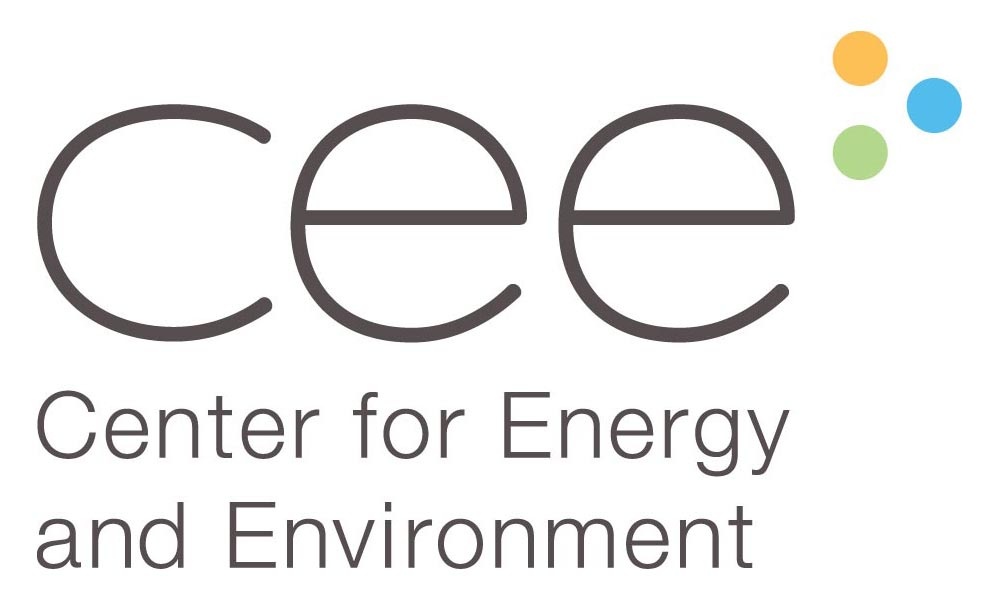CEE is recruiting owners of single-family homes for participation in a state-funded research project on cold climate air source heat pumps. The research team is working with utilities to understand the range of household heating and cooling system features that affect heat pump performance. The project will contribute to statewide understanding of heat pumps’ performance, cost effectiveness, and energy and carbon savings.
Sign up for your opportunity to participate
Heat pumps can save you energy on both heating and cooling and offer greater comfort than traditional heating systems year-round. In homes that use electric baseboards for heating, a heat pump can reduce electricity use by about 50%. That’s like bringing your $150 heating bill to $75!
Heat pumps have already demonstrated potential to provide big energy savings in electrically heated buildings in Minnesota. Recent advances offer opportunities to dramatically reduce heating energy use and occupant energy costs at outdoor temperatures down to -13°F.
How do heat pumps work? To heat a home, heat pumps employ a refrigerant compressor and condenser to absorb heat from outside air and release it inside. As the technology has been refined in recent years, it has emerged as a legitimate residential option in cold climates like Minnesota’s. Indeed, the recent Minnesota Energy Efficiency Potential Study predicted that the technology would be responsible for 25% of statewide energy savings over the next decade.
What to know about participating in this project
- The research team is seeking 25 homes to visit and assess the potential for installing a heat pump.
- To qualify, your home must be electrically heated.
- Each home in this phase will receive $100 for participation!
- Of the 25 homes assessed, researchers will select 6–8 to install a new heat pump system, at little or no cost to the home owners.
Such an installation would typically cost $3,000 to $11,000 depending on the size of your home and system. Plus, you will continue to save as much as 50% in heating and cooling as well as experience improved comfort.
This project is part of a statewide and nationwide effort to explore inexpensive and carbon-friendly solutions to home energy use. For the chance to be involved in this innovative and beneficial research, fill out this form and someone from our research team will follow-up about your site visit.
—Dana Rider
